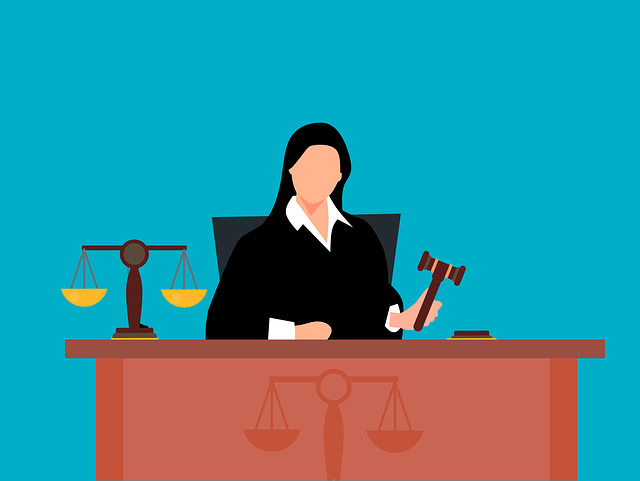Public corruption charges, including bribery, embezzlement, and abuse of power, are met with robust defenses. Individuals have rights to challenge evidence, witness testimonies, and explore legal loopholes through specialized attorneys who navigate the complex appeals process, as per jurisdiction laws. By scrutinizing investigative procedures, identifying errors, and presenting exculpatory evidence, defenders aim for charge reductions or dismissals, ultimately advocating for a fair appealing a criminal sentence decision while upholding justice.
“Public corruption charges represent a serious breach of public trust, with implications that extend far beyond the individual. Understanding these charges and navigating the legal landscape is paramount in ensuring fairness. This article guides you through the intricacies of public corruption cases, offering insights into defining and challenging such accusations. From unraveling the legal framework to exploring appeal strategies, we delve into steps to navigate a criminal sentence decision effectively. Learn how to build a compelling case for reduction or dismissal.”
- Understanding Public Corruption Charges: Definitions and Legal Framework
- Navigating the Appeals Process: Steps to Challenge a Sentence
- Strategies for Success: Building a Compelling Case for Reduction or Dismissal
Understanding Public Corruption Charges: Definitions and Legal Framework

Public Corruption Charges refer to illegal practices involving misuse of public office for personal gain. This can include soliciting or accepting bribes, embezzling public funds, and abuse of power. The legal framework surrounding these charges varies across jurisdictions but generally involves criminal investigations, prosecution, and punishment as deterrents to corrupt behavior. Understanding the nuances of these charges is crucial for anyone facing such accusations.
When faced with public corruption charges, individuals have the right to mount a robust defense. This often involves challenging the evidence presented by prosecutors, questioning witness testimonies, and exploring legal loopholes that could lead to the complete dismissal of all charges. General criminal defense strategies can be highly effective in appealing a criminal sentence decision, ensuring fairness and justice for those accused. Across the country, successful appeals have resulted in numerous cases being dismissed, underscoring the importance of thorough legal representation in fighting these allegations.
Navigating the Appeals Process: Steps to Challenge a Sentence

Navigating the appeals process is a critical step for individuals convicted of public corruption charges. The first step in appealing a criminal sentence decision typically involves filing a notice of appeal within a specified time frame, as outlined by the jurisdiction’s laws. This document formally notifies the court that you intend to challenge the verdict or sentence.
Subsequent stages include preparing legal arguments, gathering evidence, and submitting documents to support your appeal. A defendant may argue for a complete dismissal of all charges, highlighting procedural errors, insufficient evidence, or legal interpretations that favor their case. In cases of white-collar and economic crimes, defendants with an unprecedented track record of success in similar appeals can strengthen their position significantly.
Strategies for Success: Building a Compelling Case for Reduction or Dismissal

When facing public corruption charges, a successful strategy for navigating the legal system involves a comprehensive approach to building a compelling case. A skilled defense attorney specializing in white collar and economic crimes can be instrumental in this process. They will first analyze all stages of the investigative and enforcement process, identifying potential weaknesses or violations of procedural rules that could weaken the prosecution’s case. This may include challenges to the admissibility of evidence, disputes over search warrants, or allegations of misconduct during interrogations.
By employing a robust white collar defense strategy, individuals can aim for significant reductions or even dismissals of charges. This involves presenting exculpatory evidence, refuting the prosecution’s narrative with alternative explanations, and demonstrating a lack of intent to commit illegal acts. It’s crucial to remember that appealing a criminal sentence decision is not merely about arguing against punishment but ensuring that justice is served while adhering to the letter of the law.
Understanding public corruption charges and navigating the legal system can be complex, but knowing the appeals process and successful strategies is empowering. By familiarizing oneself with the definitions, legal frameworks, and steps involved in appealing a criminal sentence decision, individuals facing corruption allegations can actively participate in their defense. Building a compelling case requires thorough preparation, legal expertise, and a strategic approach to challenge the charges and, ultimately, achieve a favorable outcome.






